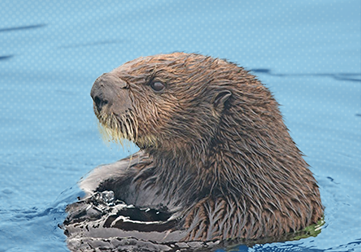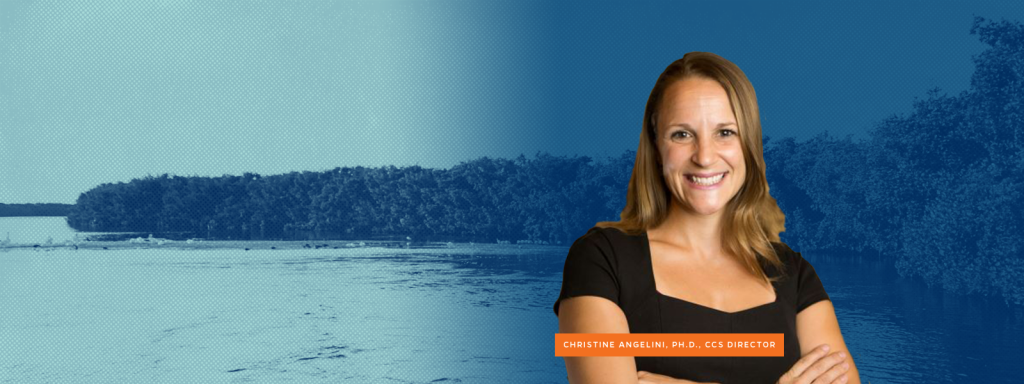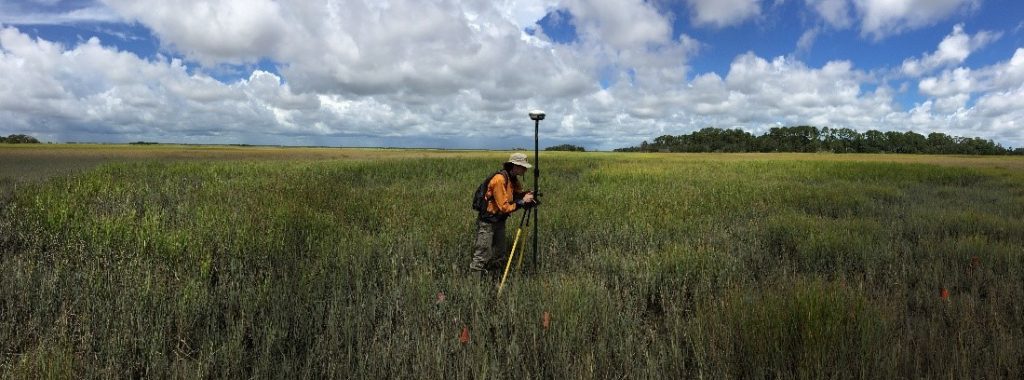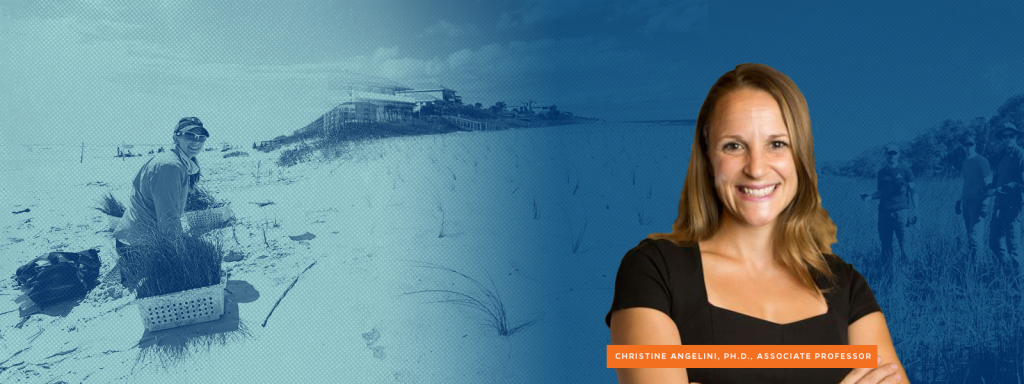Category: Coastal and Oceanographic Engineering
Meet Dr. Tracy Fanara: Gator graduate makes waves with cocaine sharks
August 22, 2024When famed scientist Tracy Fanara – the triple Gator known as Inspector Planet – heard about the horror movie “Cocaine Bear,” her reaction was simple: Oh, please. You think bears and cocaine are scary?
She studies sharks ingesting cocaine, and the “scary” part, Fanara said, is not stoned sharks “but rather the chemicals that are impacting us. That is scarier than a random bear in the forest finding a package of cocaine.”
Read more »
Like Water for Earth
April 22, 2024Water is essential for life. And life on Earth as we know it hinges on our collective ability and commitment to safeguard and preserve the purity of water – a vital resource that unites us all. This Earth Day, we spotlight three researchers from the University of Florida’s Engineering School of Sustainable Infrastructure & Environment […]
Read more »
Doctoral Student Gets Hands-On Experience Through NSF Program
April 18, 2024Komalpreet Singh, a doctoral student in the Department of Environmental Engineering Sciences, was selected as a National Science Foundation’s (NSF) GeoHealth INTERN to work with public health professionals to monitor human pathogens and bacteria in bodies of water. To be a GeoHealth INTERN, a graduate student must have at least a full academic year completed […]
Read more »
Sea otters’ homecoming to a California estuary shows payoff in conservation efforts
February 2, 2024This article, written by Karen Dooley, was original published on UF News. In a groundbreaking study published today in Nature, scientists reveal that the return of sea otters to their former habitat in a Central California estuary has slowed erosion of the area’s creekbanks and marsh edges on average by 69%.
Read more »
Jutla Receives $1M NASA Grant to Predict and Prevent Cholera
August 30, 2022Cholera impacts 1 million to 4 million people worldwide on an annual basis, according to the Centers for Disease Control and Prevention (CDC). If this bacterial disease is not treated in a timely manner, it can be fatal. Antarpreet Jutla, Ph.D., an environmental engineering sciences associate professor in the Engineering School of Sustainable Infrastructure […]
Read more »
University of Florida partners with SAS to tackle water quality challenges with analytics
August 23, 2022Charlotte Harbor water quality analytics pilot project expands The University of Florida’s Center for Coastal Solutions, or CCS, and the SAS Institute, a global leader in data analytics software, are joining forces to study the factors that influence water quality and the connections between water quality and economic activity in southwest Florida. Funded by the […]
Read more »Land-building wetland plants, champions of CO2 capture, can help counterbalance the effects of climate change
May 16, 2022Peat bogs, salt marshes, mangrove forests and seagrass meadows cover only 1 percent of the Earth’s total surface but sequester more than 20 percent of all the CO2 absorbed by ecosystems worldwide. This unique property arises because plants build these wet landscapes. Through such landscape-forming processes, an enormous amount of CO2 is captured and stored in […]
Read more »

